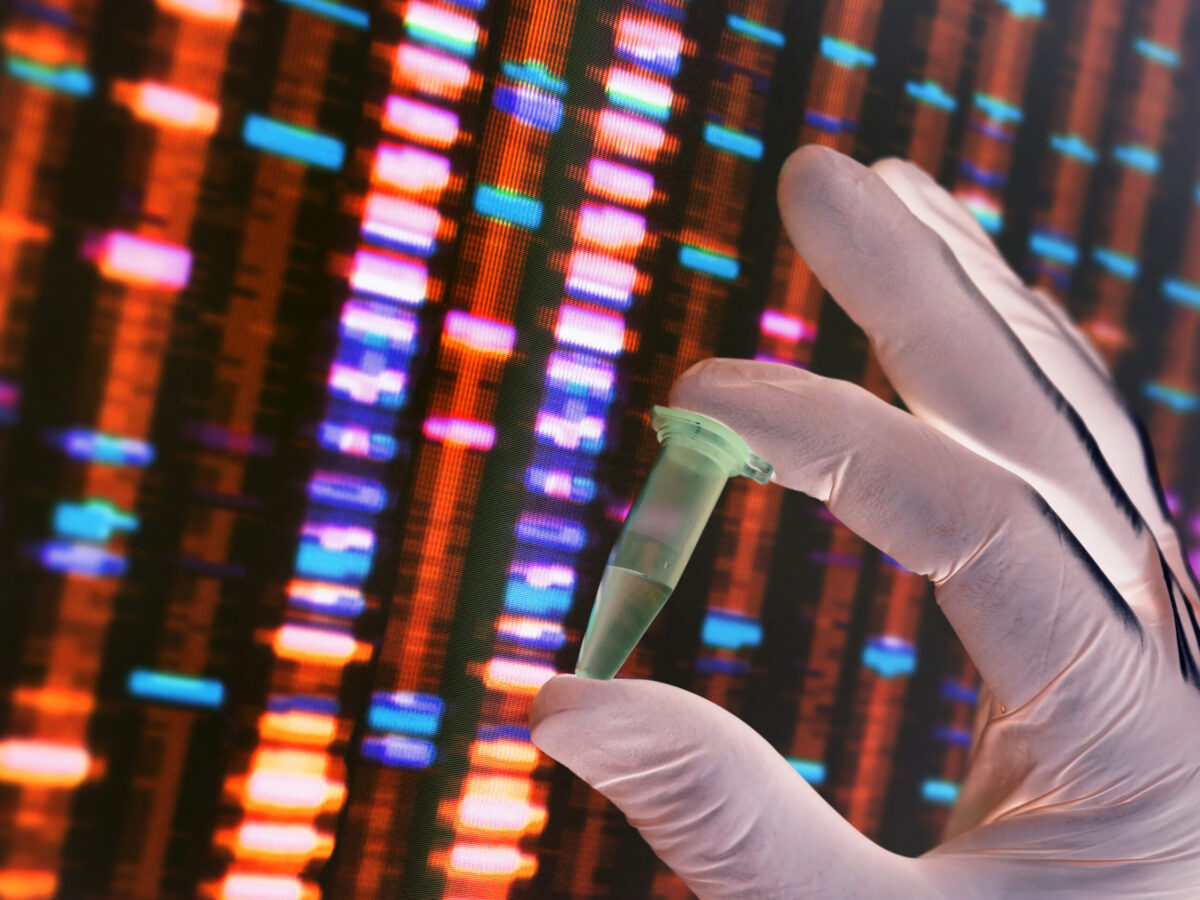American biotechnology firm Celgene is considering making an offer to buy novel cancer drug developer Juno Therapeutics, according to an article published in The Wall Street Journal. If the deal is finalized in the next few weeks, it will become Celgene’s second acquisition since the start of the year.
While the terms of the deal have yet to be disclosed, Juno’s market value hit $5.5 billion on Tuesday. The company is currently developing treatments for blood cancer known as CAR-T cell therapy.
If the rumours are true, Celgene could be on an acquisition streak. A little more than a week ago, the company announced it would be acquiring Impact Biomedicines in a deal worth $1.1 billion in upfront payments, with the potential for additional payments after successfully hitting milestones with their small molecule blood cancer drug, fedratinib.
While patents for Celgene’s best-selling blood cancer drug aren’t expected to expire until 2027, the company will likely see generic competition at least a year before the patent cliff thanks to the outcome of a 2015 patent litigation settlement. The impeding loss of exclusivity has prompted the drugmaker to expand its portfolio of drugs for hematological cancers by acquiring smaller biotechs.
Celgene and Juno have been collaborating on the development of its CAR-T therapy since 2015, when Celgene gave the company $150 million in exchange for $846.3 million in shares and the option to market some of its immunotherapies in the future. While Juno was long considered to be leading the pack in terms of CAR-T development, the deaths of five patients in a 2016 clinical trial presented a major setback.
Juno was eventually forced to end the clinical development program of the therapy, paving the way for competitors Novartis and Gilead to gain approval of their CAR-T treatments. The therapy now owned by Gilead was developed by Kite Pharma, which Gilead paid over $10 billion to acquire.
While CAR-T immunotherapy has been hailed as the future of cancer treatment, it’s unknown whether it will be as effective in solid tumors as it’s been shown to be in blood cancers. In addition to the manufacturing and logistical challenges surrounding the production of such a personalized cancer therapy, the safety concerns surrounding CAR-T therapy – including its connection to a rare, but potentially fatal immune condition known as cytokine release syndrome – could also limit its use.












Join or login to leave a comment
JOIN LOGIN